10+ Years Experience
Specialist Horse Menages

Horse menage fencing adds an extra layer of protection to your equestrian facility!
Whether you are a novice with one or two horses or a more experienced horse owner with an entire paddock of equines, the right fencing is essential to ensure maximum safety and comfort for your horse and the rest of the surrounding animals.
Today, we delve into horse menage fencing, exploring the types, advantages, and tips for success. Let’s get started!
Horse menage fencing is an important consideration for any horse owners looking to raise and train horses.
Fencing provides a safe environment for the horses, helping to keep them from leaving the area you design and restrict them within their own designated area.
Installing horse arena fencing has many advantages. The most compelling reason to install menage fencing is the safety it provides.
It allows riders to keep their horses safely enclosed whilst training them and prevents horses from escaping the arena.
Whether you are practicing dressage, show jumping, equitation or just pleasure riding, we always recommend having a suitable fence installed around the arena.
It is important to choose a fence that is appropriate for your property’s terrain and purpose and we can help you design your horse arena.
Horses are strong animals, and some fences may not be substantial enough to contain them in certain areas where they need more room or are more active.
Having made a decision on whether or not to install horse menage fencing, the next step is to make the area secure and safe for riding.
In our next section, we will discuss ways in which you can do this through proper fence height selection, installation guidelines and other safety measures.
Making the area secure and safe for riding is important when installing a horse menage fence.
Safety is paramount for both the rider and the horse, regardless of their skill level.
An area that is well-fenced will protect horses from escaping and hindering hazards such as traffic or other animals.
There are several types of materials to choose from when deciding on what type of fencing to use.
Wood fences are usually cost-effective, although they may need frequent maintenance.
Vinyl or PVC fences not only provide visual appeal but are also far less expensive in the long run due to their low-maintenance needs and durability.
It’s important to ensure adequate heights for your fencing material—at least five feet high—as well as using proper posts when needed around corners or gated areas of your horse menage.
For example, twisted posts that embed into cement blocks prevent horses from getting too close to an opening where they may become injured or escape.
Additionally, consider using electric strands of fencing with electrical pulses that deter horses from getting too close without posing a hazard to them.
No matter what fencing material you choose, be sure that it meets safety regulations for horse menages in your area.
Ensuring safety for both the rider and the horse should be your top priority when it comes time to make those decisions.
With these considerations in mind, it’s important to outline exactly what needs to be done before beginning fence installation.
Installing horse arena fencing is a critical aspect of both the safety of your horses and the aesthetics of your property.
It’s important to spend time considering the right placement and materials that best suit your needs before installing fencing.
While it may seem like an easy task, installing horse menage fencing can require a lot of hard work and effort.
Make sure to check with local ordinances or government regulations that may affect the exact location of fencing–including requirements for fencing height, materials, and construction.
The traditional material used for menage fencing is treated wood. Wood posts are lower cost than other fencing options, which makes them ideal for large-scale projects.
Other advantages of wood include relatively simple installation and great aesthetic value when treated appropriately.
On the other hand, metal menage fencing provides the strength and durability of a more expensive solution with few drawbacks.
Steel pipe fencing lasts longer than wood and requires little to no maintenance–although it may not have the same appearance that wood offers.
It’s important to choose a style and material that fits both your budget and acreage limitations while ensuring maximum safety for your horses.
Now that we have discussed installation considerations for menage fencing, let’s move on to discussing choosing the right materials in the next section.
When it comes to choosing the right materials for a horse menage fencing project, there are several factors to consider.
While wooden and metal fences are the most common options, each has its own benefits and drawbacks.
Wood is one of the most widely used materials when it comes to building a horse menage fencing system.
Wood provides a natural aesthetic that can be blended in with fields, farms, and gardens.
It also provides a stronger protection against weathering than other materials.
The downside is that wooden fencing requires regular maintenance—it must be treated with protectants and wiped down occasionally to ensure longevity.
Metal is another popular material for horse menage fencing projects.
Metal fences are much more durable and long-lasting than wood; they are resistant to weathering and require minimal maintenance.
On the downside, metal can be more expensive than wood and create an unnatural look that does not fit into some settings.
Both wooden and metal Fences have their advantages depending on your circumstances and situation.
Ultimately, it’s important to evaluate all your options carefully before making any decisions on which materials to use for your horse menage fencing system.
Having made your decision on the best materials for your project, it’s now time to move onto conducting groundworks – the next step in creating a successful horse menage fencing system.
When choosing a location for a horse menage, it is important to consider the ground that will be used.
Performing groundworks before setting up your fencing is essential to ensure you have safe and effective fencing system around the riding arena.
It is important to remember that soil type can affect the durability of the fence so it needs to be taken into account when making decisions about where to set up the fencing.
Groundwork typically involves manually clearing away stones, roots, tree stumps and debris by hand or machine.
This process can be time-consuming but ensures that any thin pieces of material are removed, leaving a higher quality finish.
A great riding facility depends heavily on conducting appropriate groundworks and a a suitable drainage system before installing the menage surfacing and erecting fencing – this should not be an overlooked step in the building process!
After carrying out the groundworks and installing the surfacing, the next step in building a horse menage is installing the fencing.
When it comes to horse menage fencing, there are several different types available to suit each individual horse and situation.
The most common type of horse menage fencing is post and rail.
Post and rail fencing is cost-effective, safe and visually appealing, making it a popular choice for horse arenas.
Post and rail fences consist of wooden posts with either horizontal rails or vertical boards running between them in order to create a barrier.
Choosing the right type of fencing depends on individual needs. It is important to consider cost-effectiveness, long-term costs associated with upkeep/repair, ease of setup/maintenance, and security when making your decision.
When selecting a horse menage fence, there are several factors to consider.
The most important is the type of fencing you need to contain your horses safely and securely in the area.
The next factor to consider is the amount of maintenance that is required for the type of fence you choose.
Finally, the cost of installing and maintaining a horse menage fence should also be taken into consideration.
High quality materials and experienced labour will increase installation costs; however, this could lead to lower long-term maintenance fees in the future.
We are professionals in this industry and know just how important it is to choose professionals for the project.
We are able to carry out the full construction, from groundworks, surfacing, menage lighting, fencing and maintenance.
The best materials to choose for horse menage fencing depend on the particular needs of your project.
Generally, solid wood or metal rails are excellent choices for fence posts as they are strong and durable.
Metal rail fences without sharp edges can provide sturdy containment, and they require little maintenance compared with wood.
Additionally, PVC fencing is becoming increasingly popular due to its light weight and affordability.
While it may not be as popular as a metal or wood fence, PVC also offers great visibility and flexibility since it can be adapted to fit almost any configuration.
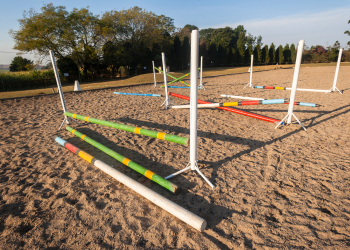
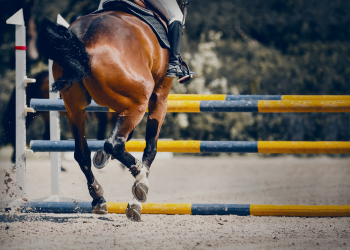
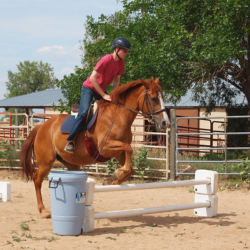
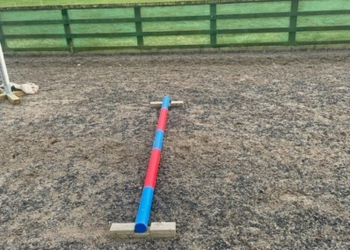
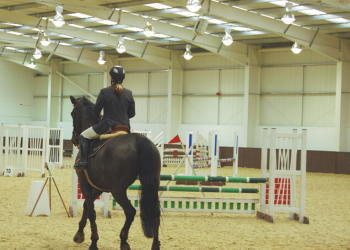
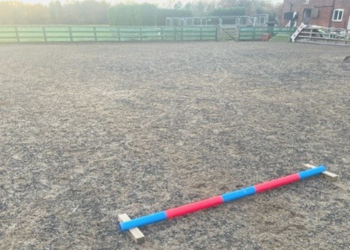
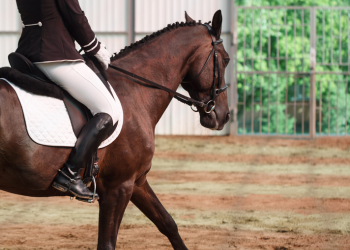

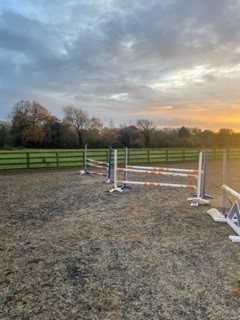
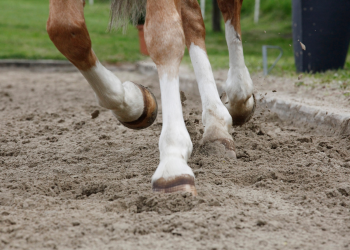
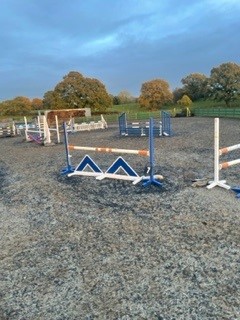
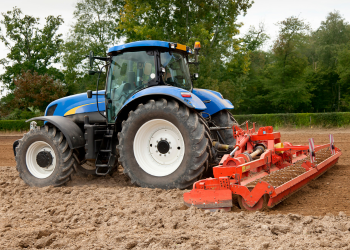

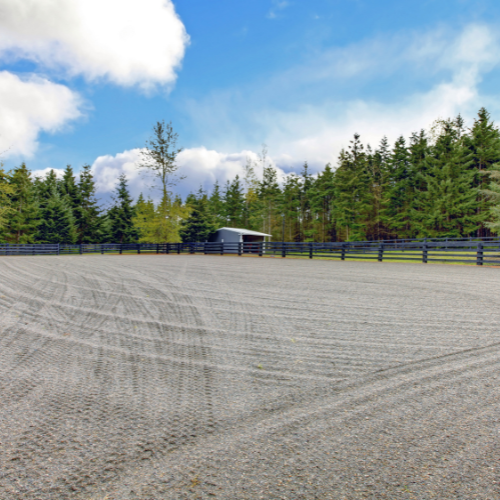

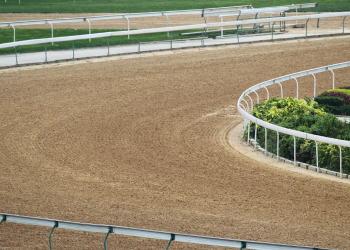
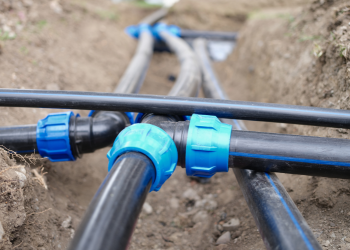
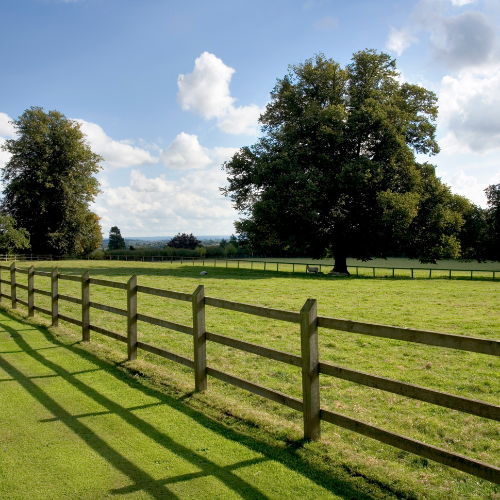
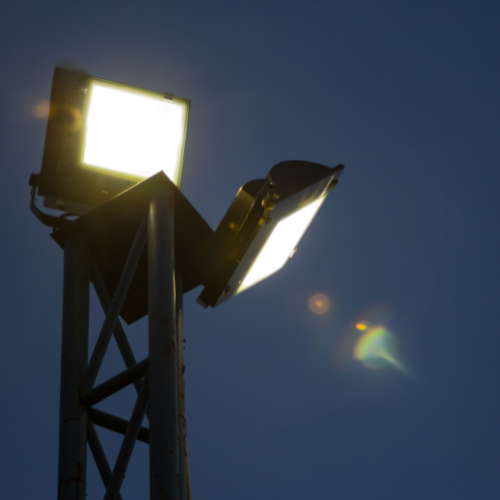
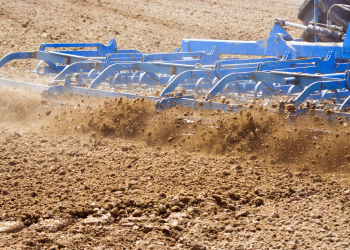
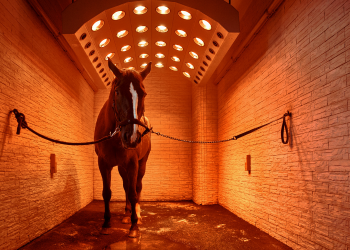

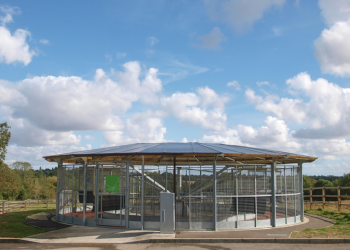
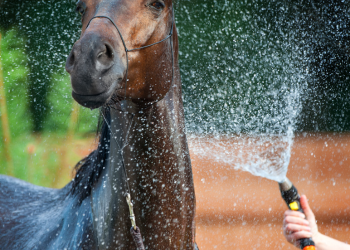
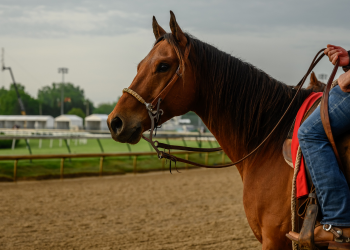
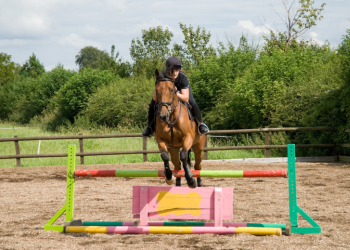
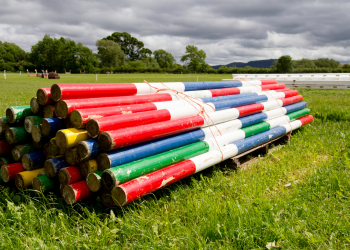
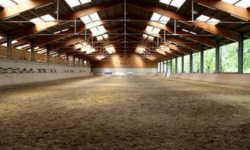
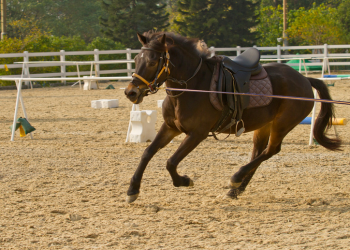
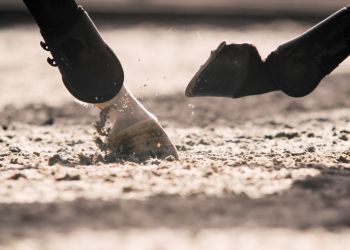
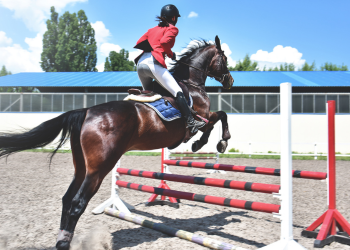
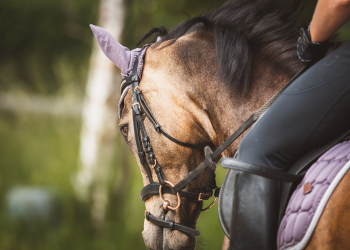
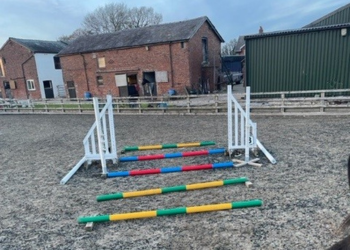

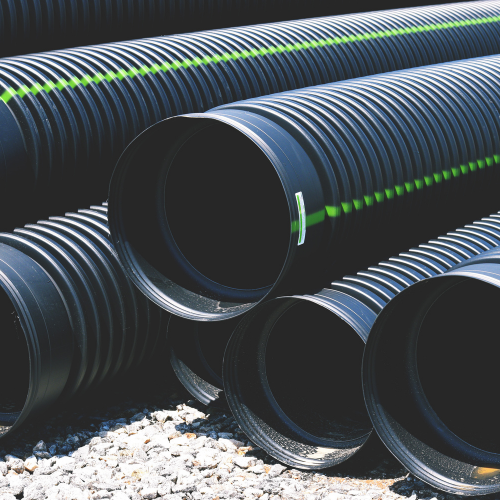
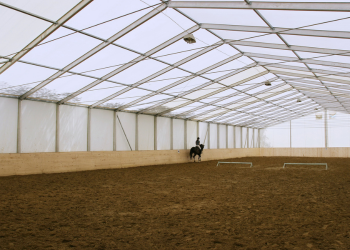
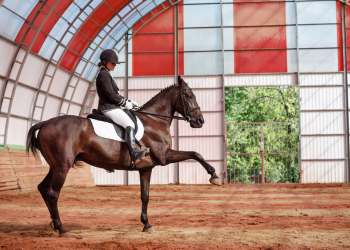
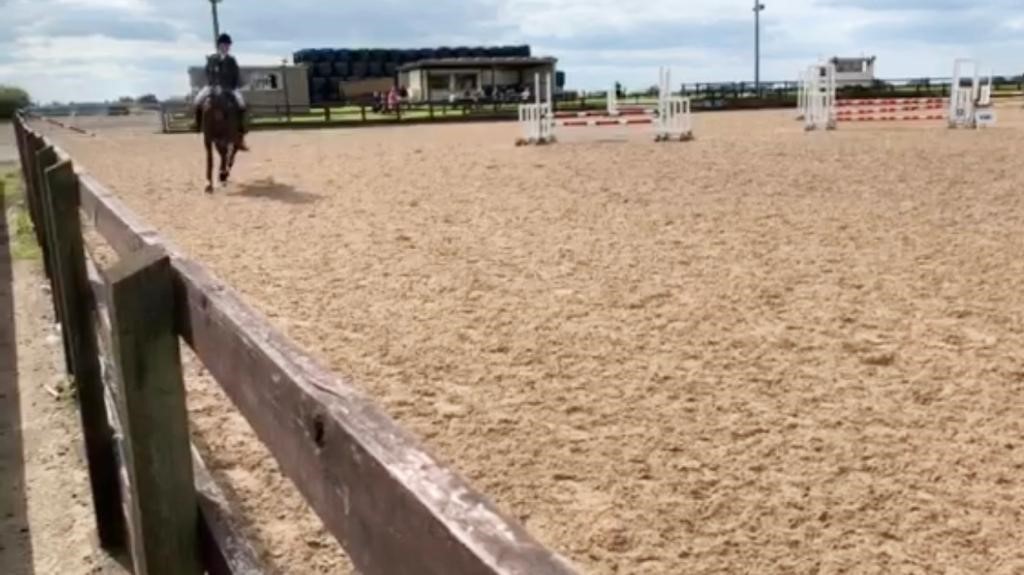
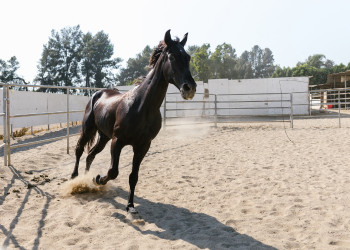
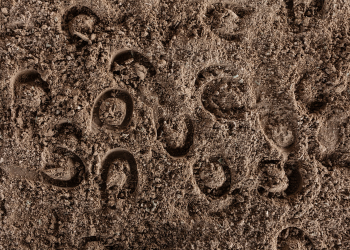

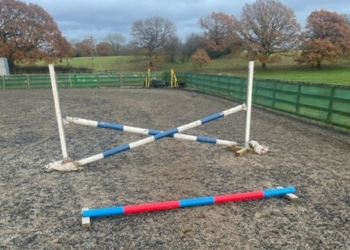
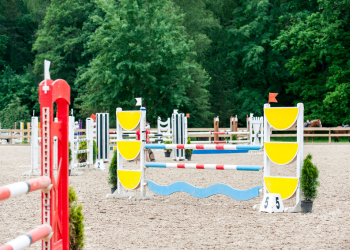
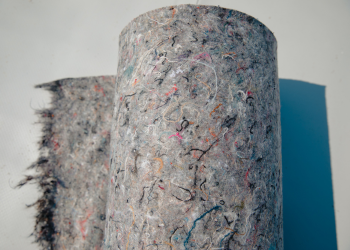
We Aim To Reply To All Enquiries With-in 24-Hours